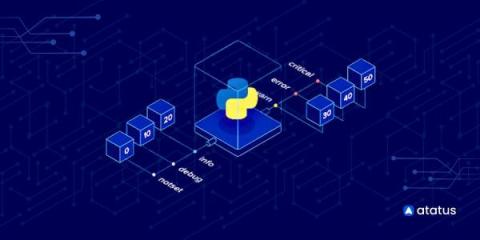Powering Connectivity: Top 3 Takeaways from Mobile World Congress 2024
Late last month, innovators from across the telecommunications spectrum — and all the industries that rely on connectivity to succeed — gathered at Mobile World Congress Barcelona (MWC), the biggest telecom conference of the year.











